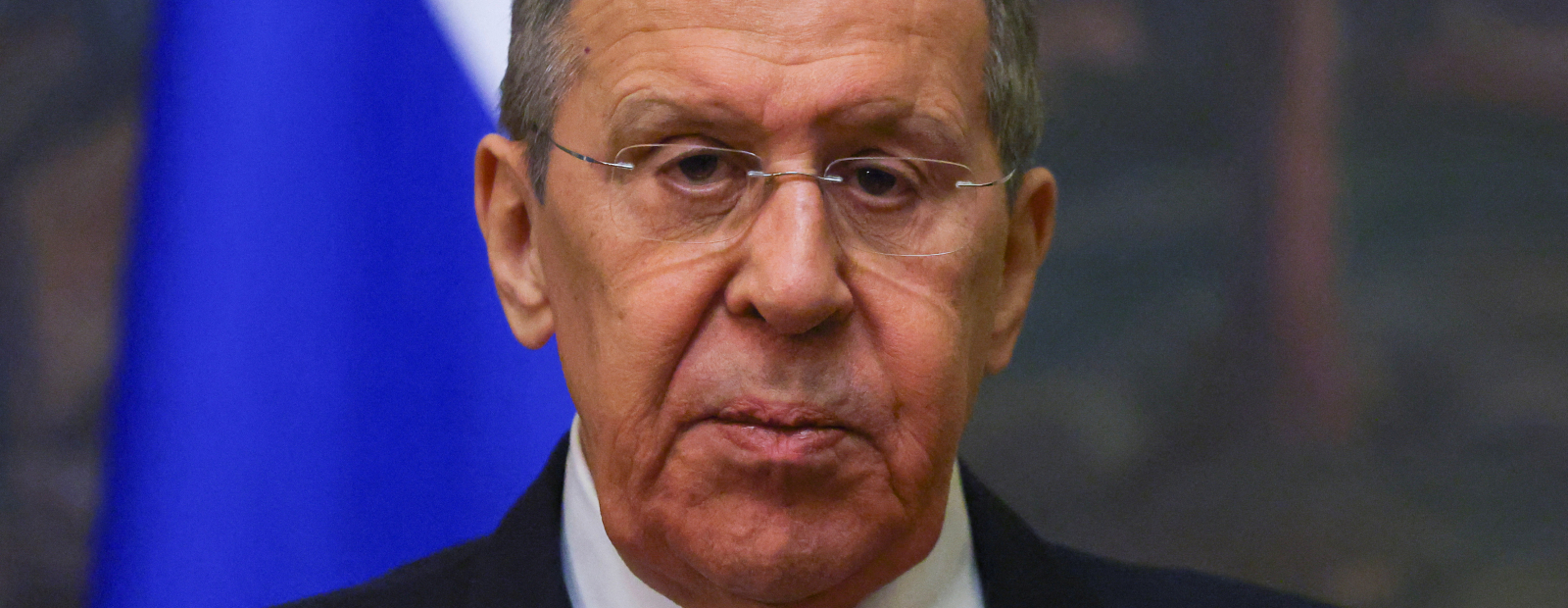Latin America is beginning to leave behind the most critical moments of the pandemic in the midst of enormous challenges. In an economic horizon hit by covid, the demands of a citizenry that does not see its demands met collide with a common institutional weakness in almost all countries. The end of the pandemic opens a new window of opportunity to think about strategies and structural reforms that help alleviate a general demand that demands a better quality of life. Prisa Media wants to foster spaces for thought and debate to contribute to this fundamental challenge. Thus, this Monday, in the walled city of Cartagena de Indias (Colombia), Prisa Media will lay the foundations of its Latin American Council (CLA) with leaders and personalities from the region such as Mónica González Mujica, Jean François Fogel, Michael Shifter, Alicia Bárcena or Ruben Blades. The Council will seek to generate spaces and periodic forums that involve the great regional and national leaderships, while opening a space for new voices and protagonists. The Council will also promote an educational and training platform for journalists.
On Tuesday, also in the Caribbean city, the Ibero-American Thought Festival will be held with several round tables, in which great personalities will participate, to discuss the political, social and economic challenges of the region. Colombia is immersed these days in a tense electoral campaign that will experience one of its key events at the Festival before the second round to be held on June 19. The two presidential candidates, Gustavo Petro and Rodolfo Hernández, will attend talks with the director of EL PAÍS, Pepa Bueno, and Roberto Pombo, a journalist from W Radio. The meeting can be followed from 7:15 a.m. (local time), 8:15 a.m. (Washington), 9:15 a.m. (Buenos Aires), through EL PAÍS América, W-Radio and Caracol Radio.
The conversation with the candidates will allow citizens to know the specific proposals of both in a very atypical electoral campaign, in which no face-to-face meeting will be held due to Hernández’s refusal to attend debates. Colombia follows in the footsteps of these elections in other countries in which citizens poured out their weariness at the polls. Colombians voted on May 29 for the change and left all traditional political power out of the second round for the first time in its modern history. Both Petro, the leader of the left, and Hernández, a populist candidate, although ideologically very distant, respond to the same electoral impulse that transformed into votes a majority social frustration that runs through the region.
Fernando Carrillo Flórez, deputy director for Latin America at Prisa Media, considers that the region today faces more uncertainties than ever. “We must seek new consensus to build a future agenda in terms of reforms, which will allow us to renegotiate the social contract in our region. The authoritarianism and populism that exacerbated the pandemic bring us a democratic decline, an unprecedented social crisis and the paradox that some presidents of the region are full of mouths to gloat over the economic indicators, while the social indicators are in the dark. I usually. Great threats hang over freedom of the press, today the victim of a concentration of power that violates the ‘checks and balances’ of democracy and damages constitutional rights and freedoms”, he maintains.
The Prisa Media events coincide with the new drive from EL PAÍS América to reinforce its presence in the region, which already contributes half of the newspaper’s readership. The expansion of the newsroom in Bogotá, which will support the entire South American area, comes in a key political year.
subscribe here to the EL PAÍS newsletter on Colombia and receive all the informative keys of the country’s current affairs.
–


